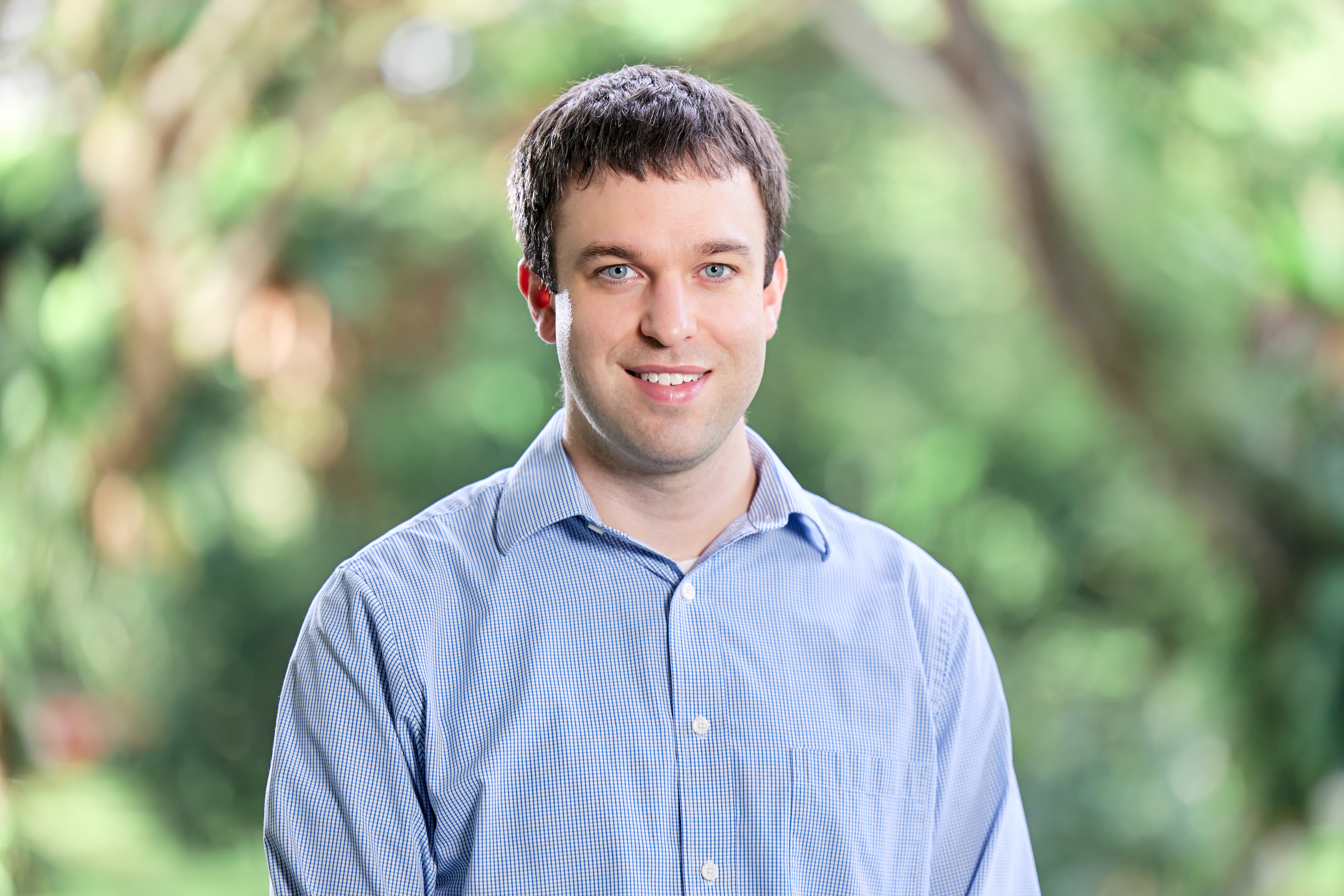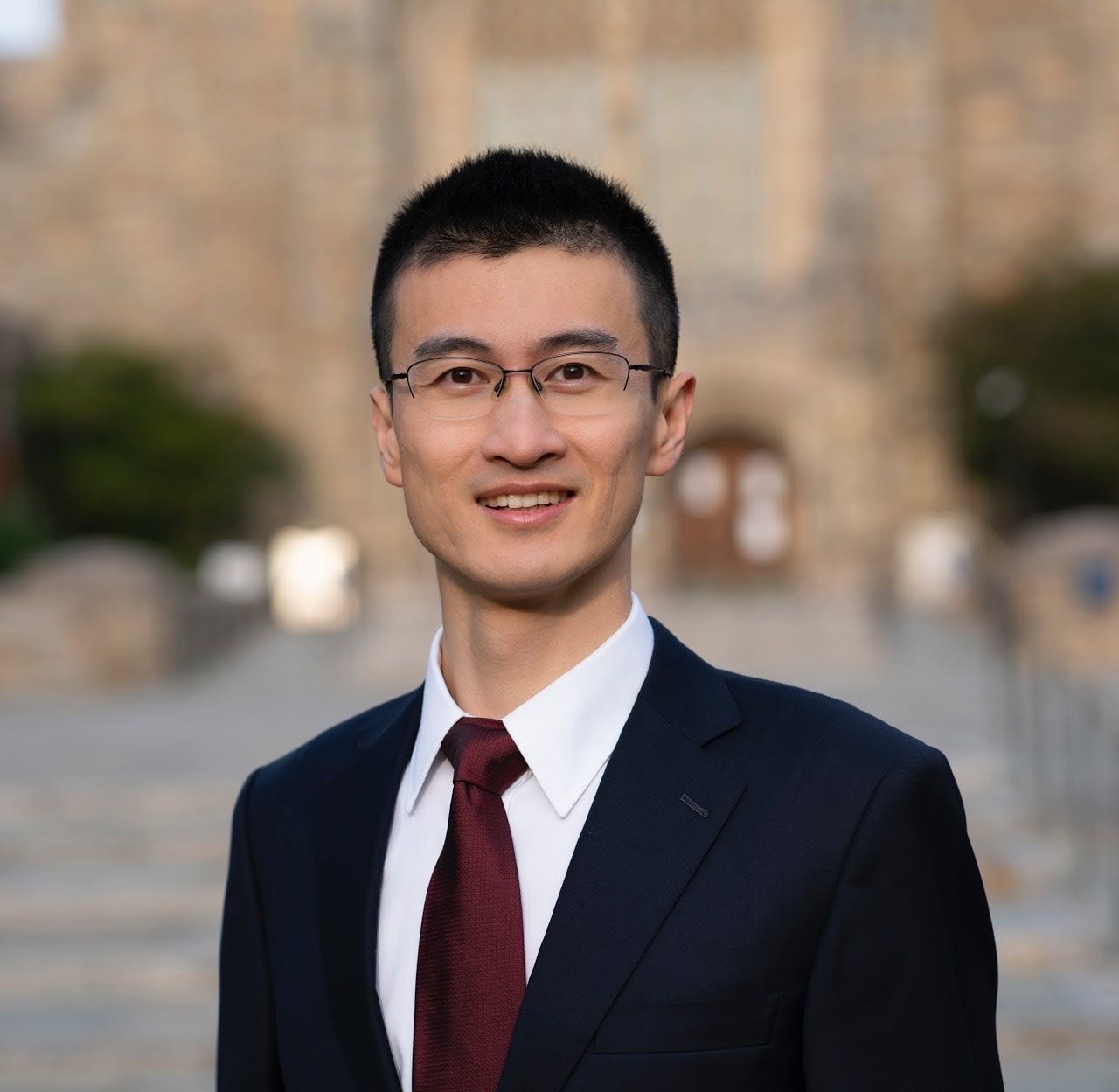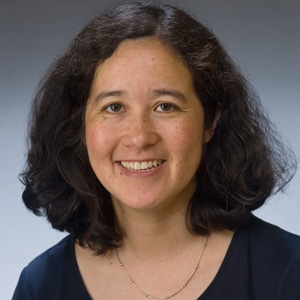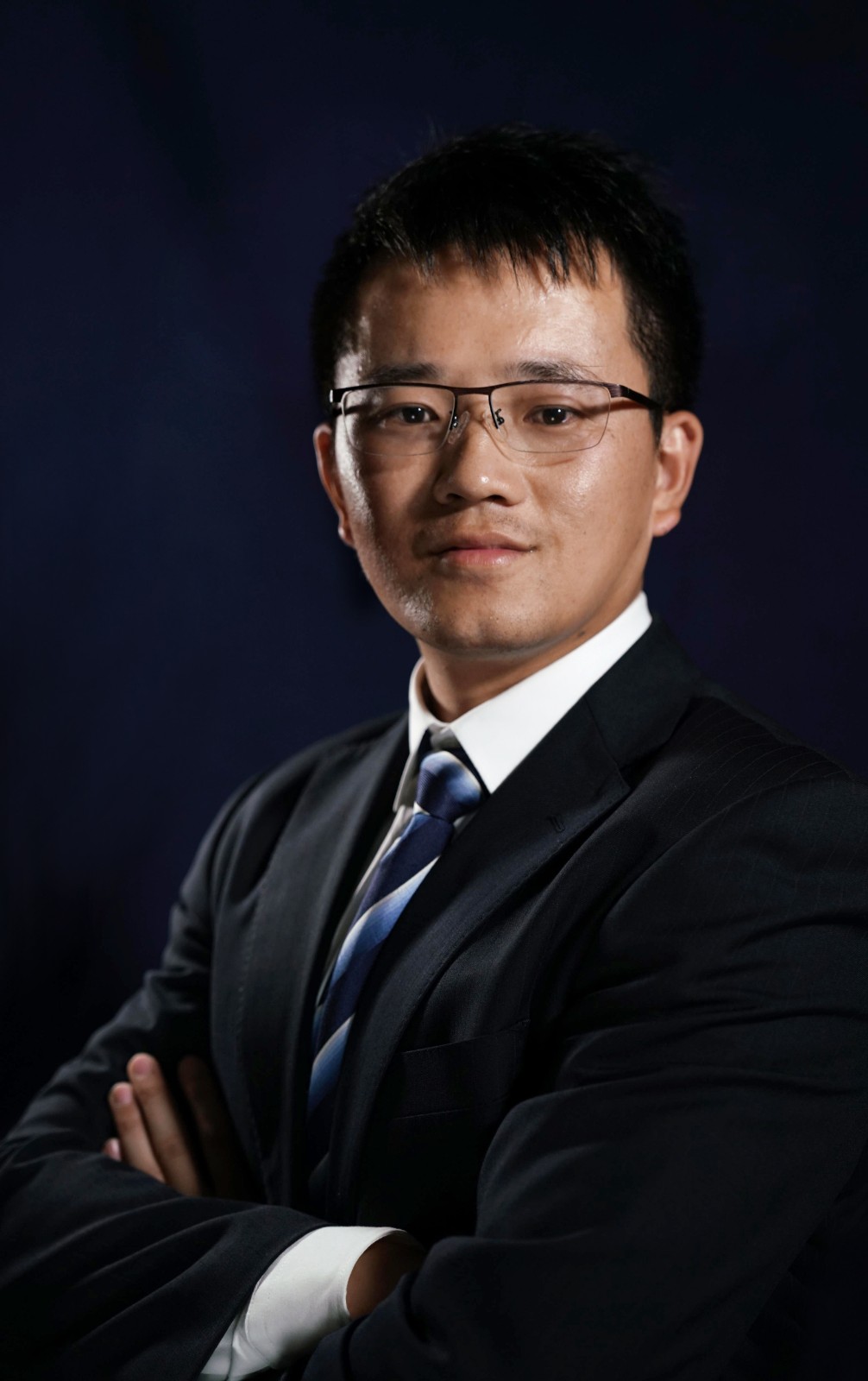 |
Date |
March/31/2023 |
| Time |
Japan Standard Time (UTC+9h) |
|
11:00~12:15 |
| Speaker |
Gregory Cox National University of Singapore
|
| Title |
A Conditional Likelihood Ratio Test for the Timing of a Structural Break
|
| Abstract |
Time series often have a structural break at some point in the sample. This paper proposes a new hypothesis test, the conditional likelihood ratio (CLR) test, for the timing of a structural break in the coefficients of a linear regression. Since inference on the timing of a break depends critically on the magnitude of the break, the CLR test uses a critical value from the conditional distribution of the likelihood ratio statistic given a sufficient statistic for the magnitude of the break. To estimate the conditional critical value, we develop a specially designed null-imposed bootstrap. We prove that the CLR test is uniformly valid over the magnitude of the break. Simulations indicate the confidence set for the break date formed by inverting the CLR test has good coverage probability for any break magnitude and shorter average length than alternative confidence sets.
|
| Venue |
Click here to join the Zoom
Meeting Meeting ID: 840 5821 5629 Passcode: 067622
|
| Chair |
Wenjie Wang Nanyang Technological University
|
| Hosts |
TEDS and Nanyang Technological University
|
 |
Date |
March/22/2023 |
| Time |
Japan Standard Time (UTC+9h) |
|
10:00~11:30 |
| Speaker |
Yu Zhou East China Normal University
|
| Title |
Deep Nonlinear Sufficient Dimension Reduction
|
| Abstract |
Undergoing accelerated developments for more than 30 years, sufficient dimension reduction (SDR) has now become a powerful tool in statistics. We in this paper establish a general framework to take the advantage of deep neural networks (DNNs) to perform nonlinear sufficient dimension reduction. Compared to existing methods based on RKHS, our proposal is more efficient in computation. We also systematically study the convergence rate of the sample estimator, which is nearly minimax optimal. Comprehensive simulation studies and real data applications demonstrate the effectiveness of the propose method.
|
| Video |
Click here to watch the video
|
| Chair |
Wenjie Wang Nanyang Technological University
|
| Hosts |
TEDS, JSPS KAKENHI (B) No. 22H00833 and Center for Quantitative Economics of Jilin University.
|
 |
Date |
March/10/2023 |
| Time |
Japan Standard Time (UTC+9h) |
|
11:00~12:30 |
| Speaker |
Ming Li National University of Singapore
|
| Title |
Identification and Estimation in a Time-Varying Endogenous Random Coefficient Model
|
| Abstract |
This paper proposes a random coefficient panel data model in which the regressors are correlated with the time-varying random coefficients in each period. We model the random coefficients as unknown functions of a fixed effect of arbitrary dimension, a time-varying random shock that affects the values of regressors, and an idiosyncratic shock. We introduce a new panel data-based identification strategy to control for the correlation between the time-varying random coefficients and regressors. We propose a three-step series estimator that is easy to compute and prove that it is asymptotically normal. Simulation results show that the proposed method accurately estimates the first-order moments of the random coefficients. As an empirical illustration, we estimate unconditional and conditional means of output elasticities with respect to capital and labor for the five largest sectors of China's manufacturing industry and find significant across-firm variation in the output elasticities within each sector.
|
| Venue |
Click here to join the Zoom
Meeting Meeting ID:845 2990 2373 Passcode: 070249
|
| Chair |
Wenjie Wang Nanyang Technological University
|
| Hosts |
TEDS and Nanyang Technological University
|
 |
Date |
January/26/2023 |
| Time |
Japan Standard Time (UTC+9h) |
|
10:00~11:30 |
| Speaker |
Robin L. Lumsdaine American University
|
| Title |
Central Bank Mandates and Monetary Policy Stances: through the Lens of Federal Reserve Speeches
|
| Abstract |
When does the Federal Reserve deviate from its dual mandate of pursuing the economic goals of maximum employment and price stability and what are the consequences? We assemble the most comprehensive collection of Federal Reserve speeches to-date and apply state-of-the-art natural language processing methods to extract a variety of textual features from each paragraph of each speech. We find that the periodic emergence of non-dual mandate related discussions is an important determinant of time-variations in the historical conduct of monetary policy with implications for asset returns. The period from mid-1996 to late-2010 stands out as the time with the narrowest focus on balancing the dual mandate. Prior to the 1980s there was a outsized attention to employment and output growth considerations, while non dual-mandate discussions centered around financial stability considerations emerged after the Great Financial Crisis. Forward-looking financial stability concerns are a particularly important driver of a less accommodative monetary policy stance when Fed officials link these concerns to monetary policy, rather than changes in banking regulation. Conversely, discussions about current financial crises and monetary policy in the context of inflation-employment themes are associated with a more accommodative policy stance.
|
| Video |
Click here to watch the video
|
| Chair |
Wenjie Wang Nanyang Technological University
|
| Hosts |
TEDS and Nanyang Technological University
|




